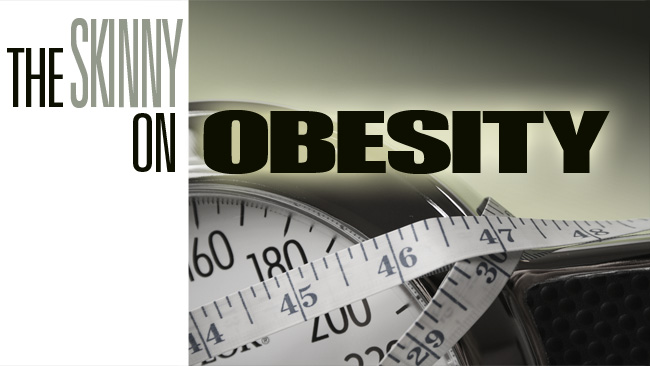Breakfast is a key to better Weight and Blood Sugar Management
 Wednesday, May 9, 2012 at 7:00AM
Wednesday, May 9, 2012 at 7:00AM Breakfast is the most important meal of the day, so why don't we make the time to eat it? I know that prior to starting to live a more healthy lifestyle, I almost never ate breakfast. I didn't want to allocate the time. I preferred to sleep as long as I could (given that I stayed up until after midnight most nights). And when I did eat breakfast, it was usually from McDonalds, Burger King, or donuts (plural) from Dunkin.
Now, I try to have breakfast every morning. If you are like me, you don't have a lot of time in the morning to devote to cooking a breakfast. I do most of my running in the early mornings, and if I am going to eat before a run, I prefer to have at least 30 minutes between eating and starting any exercise.
As a pre-exercise meal, I prefer eating light. So on run mornings, I usually have a banana and a cup of milk. Sometimes I add a piece of toast with almond butter. When I wake up, the first thing I do is eat, starting with a tall glass of water. Then, the time it takes me to wash up, get dressed, and outfitted for my run is usually enough for digestion to get moving so I don't have that 'full' feeling in my stomach. (And, this usually helps get the bowels moving so I can take care of that business before heading out.)
A morning meal is important for runners for so many reasons:
- weight management (eating in the morning helps avoid mid-morning snacking due to low energy)
- blood glucose control (start the day with good blood sugar levels and maintain a steady level all day)
- fuel for later activity (fueling the body in the morning builds glycogen throughout the day for use later that day)
- a mental boost (the brain will feel less sluggish when fed. It is the second highest user of glucose in the body)
- better concentration (when the brain is functioning well, you think better!)
On the mornings I don't exercise, I can take more time for breakfast so I change things up. I always start with that tall glass of water. These are some things I eat for breakfast (one bullet point is a meal):
- a smoothie with milk, Greek yogurt, and fruit. Often with some Whey protein added.
- a slice of toast with almond butter, Greek yogurt, and OJ
- Egg Beaters omelette with veggies and bacon, 1 cup of milk, a banana
- a small bowl ( 1/2-1 cup) of Honey Nut Cheerios mixed in Strawberry Greek yogurt
- three Morningstar soy sausage links, milk, and a bagel with Light Cream Cheese
If traditional breakfast foods don’t excite you, try a lunch or dinner like approach. Dinner from the night before like cold pizza or leftover stir-fry is a great choice. If you don’t like hot cereal, you can substitute rice pilaf with dried fruit and nuts for a similar nutritional benefit. I love nuts like almonds, cashews, and honey-roasted peanuts (almonds are the healthiest of the three).
The key to a good breakfast is a balanced breakfast. Build your own appealing combo using protein (milk, yogurt, cheese, eggs, meat, beans), fat (nuts, nut butter, avocado, hummus, oil), carbs (cereal, bread, English muffin, rice, pasta, waffles), fiber (fruit, vegetables, beans, high fiber cereals/breads) and drink (water, juice, milk, coffee, tea).
Breakfast gives you a chance to pre-fuel for a later run, or refuel from an earlier one, so don't deprive your body. Make this meal a must on your "to do" list every day.
 Diabetes,
Diabetes,  Weight Loss in
Weight Loss in  Diabetes,
Diabetes,  Weight Loss
Weight Loss 